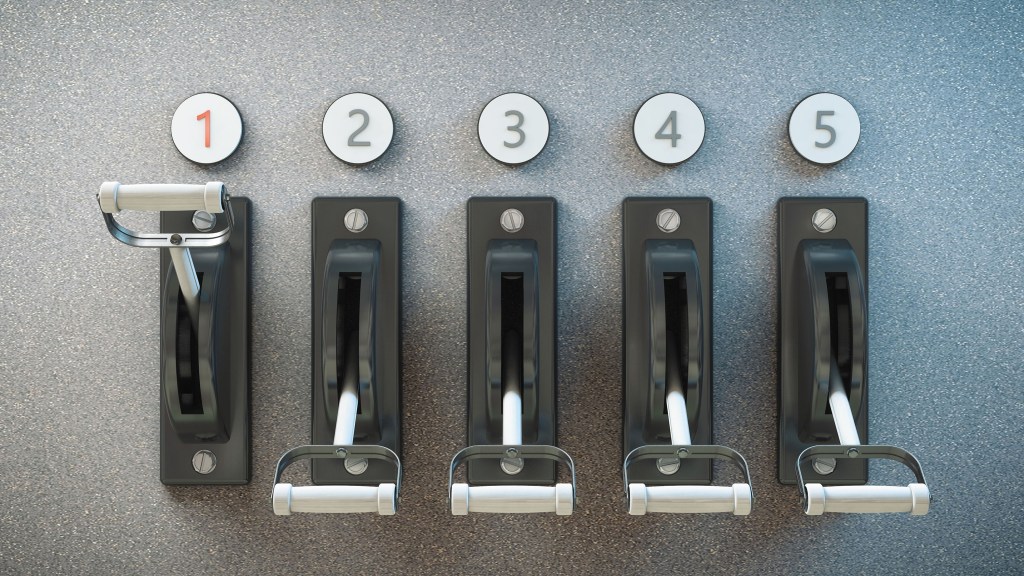7 Ways to Differentiate Yourself in the Sales Process

By: Mike Schultz
Differentiation often starts with marketing, but it comes alive in the selling process. Even if your company’s products and services are superior to all others, it means nothing if you can’t convey that to your buyers.
Differentiating in sales is more than a good pitch—you need to differentiate in the right areas. Here are seven tips to differentiate in the selling process:
1) Differentiate in the right areas. Sales winners differentiate in four areas:
- Yourself: What’s the value of working with you? How can you help a buyer achieve their goals?
- Your offerings: What makes your products and services stand out from others on the market?
- Your company: How reputable is your company and what kind of results have other buyers achieved?
- The buyer’s results: What does success look like for your buyer? Does it mean less hassle for them? A good return on investment? Something else?
2) Create distinction and scarcity. Differentiation has two major components: overall distinction and the perception of scarcity. Ask a buyer why they chose one provider over another and there’s usually a collection of distinctions that ultimately made one stand out. However, these reasons aren’t always consciously known to the buyer.
The sellers who win are often the ones who help buyers see what’s possible and bring new ideas to the table. When a buyer perceives that something is scarce, it stands out to them, and they tend to desire it more when it’s difficult to find.
3) Ditch the unique selling proposition (USP). Many sellers are told they must build and practice perfect delivery of their USP. However, USPs don’t account for the buyer’s situation, and sellers can rely on them too much.
Often, USPs aren’t very unique anyway; one sounds much like the next. Most importantly, they’re often not the reason a buyer actually buys. It’s far more important to understand your buyer’s needs. If your USP helps you get a foot in the door, great, but you’ll also need to do your research and craft a compelling solution based on your market position.
4) Proactively reach out to buyers. If you’re not proactively looking for sales opportunities, you can guarantee that the buyers who reach out to you already have a solution in mind—and they’ve likely already made their own judgments and compared you to other organizations. The earlier in the buying process you can reach buyers the better.
5) Base conversations on the buyers’ experiences. Early in the selling process, sellers get asked, “How are you different?” Often, the answers aren’t great. When you answer, remember that differentiation implies comparison and it’s up to the seller to ask, “In comparison to what?”
Do this and you’ll create a conversation. The resulting conversation will be much richer than a rehearsed answer and will likely present additional areas in which you can separate yourself from your competition.
6) Practice what you preach. If a key point about your value and differentiation is responsiveness, be responsive. If you’re responsive in the selling process and the other sellers aren’t, the buyer will assign that value to your company. The other company’s delivery teams may claim to be responsive too, but you’ll create the perception that your company really is more responsive if you model the behavior.
7) Remember that you make a difference. Not only are you important in winning the sale, but you’re also important for ongoing buyer loyalty. People are more willing to buy from people they like. Be genuinely helpful and reliable, and you’ll find yourself winning more meetings—and more sales.
Mike Schultz is president of RAIN Group.










